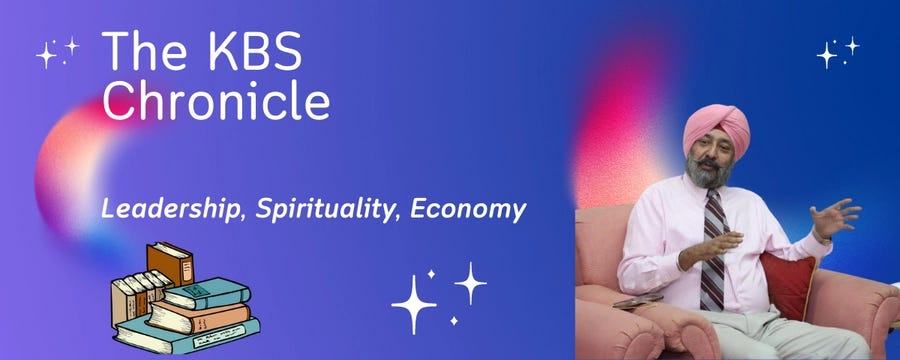The Ineffectiveness of the UN Security Council in the Israel-Hamas Conflict
A fit case for India, home to 1.40 billion people, to become a permanent Member of the UN Security Council.

Introduction
The Israel-Hamas conflict, reignited with devastating force on October 7, has resulted in hundreds of casualties, inflaming tensions in a region already mired in a volatile history. Amidst this escalating crisis, the United Nations Security Council—ostensibly the world's safeguard for international peace and security—has demonstrated a concerning lack of efficacy. On October 25, 2023, any glimmer of hope for a unified resolution (pun intended) was extinguished when the United States and Russia vetoed each other's resolutions aimed at halting the violence. This stalemate not only underscores the Council's paralysis but also raises critical questions about its relevance and ability to mediate in crises that demand immediate and decisive action.
The Limitations of Veto Power
The veto power held by permanent members of the Security Council—namely, the United States, Russia, China, France, and the United Kingdom—has proven to be its Achilles' heel. Most recently, the United States and Russia clashed over their resolutions, with each nation accusing the other of acting in bad faith. Washington called for humanitarian pauses, while Moscow demanded a complete ceasefire. This dissonance rendered the Security Council ineffective, leaving millions in a state of peril.
Contradictory Resolutions and Abstentions
The Security Council could not agree on the core issue of a ceasefire, with each side pushing its geopolitical agenda. Majority of the 15-member council abstained on the Russian resolution for reasons other than opposing it, including countries like Brazil, Ecuador, France, Japan, and others. The U.S. resolution, although winning some approval, was vetoed by Russia, China, and the United Arab Emirates voted against the motion. Such contradictions show that the Security Council is more a battleground for geopolitics than a forum for collective security.
The Need for Humanitarian Intervention
The resolutions also underscore the desperate need for humanitarian aid in Gaza, a territory already under tremendous stress. With dwindling supplies of essential goods and no electricity for two weeks, the international community's failure to agree on even a temporary cessation of hostilities is nothing short of a disgrace. It puts countless lives at risk and compromises the standing of the UN as a peace-broker.
Qatar as a Role Model
Contrary to the ineffectiveness of the Security Council, Qatar has proven that even a small, strategically located country can make meaningful contributions to global peace. It successfully brokered peace deals between the United States and Iran, and Ukraine and Russia, amongst others. Qatar’s actions indicate that there is scope for smaller nations to act as impartial peace-brokers in international conflicts.1
The Role of India
In light of its non-aligned, neutral stance and robust diplomatic reach, India—under the proactive leadership of Prime Minister Modi—stands uniquely positioned to act as a mediator for peace and ceasefire between conflicting parties. India's historical ties to the Middle East, coupled with its diplomatic clout, make it an ideal interlocutor in this intricate crisis. In doing so, India could succeed where the UN Security Council has stumbled, offering tangible solutions rather than deadlocked vetoes. This not only amplifies India's credentials as a force for global stability but also strengthens its case for permanent membership in the UN Security Council—a body in dire need of reform and representation for its 1.4 billion-strong populace.
Looking Ahead
The recent failures of the UN Security Council to bring about a ceasefire in the Israel-Hamas conflict highlight its limitations. However, the effective roles played by countries like Qatar show that smaller, neutral countries can have a meaningful impact on international conflicts. It may also be time for a dynamically-led, non-aligned country like India to step up and mediate for peace, offering an alternative to the dysfunction that currently paralyses the Security Council.
Qatar's Quintessential Diplomacy: Diffusing Flashpoints Between Sworn Enemies
The Qatar-Hamas Mediation In a significant development that has captured global headlines, two American hostages were recently released by Hamas, the Palestinian organization labelled as a terrorist group by the United States and the European …



